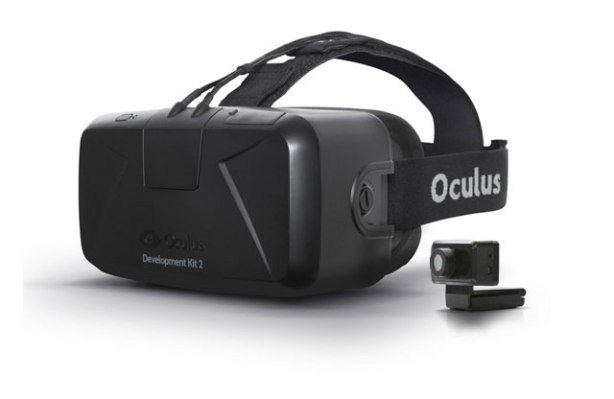If you’re interested in virtual reality, then a new report from CNET that maintains Samsung is working directly with Facebook-owned Oculus on a headset that uses mobile devices to generate VR environments and experiences should get you excited. We’ve heard before that Samsung was working on its own VR headset, but this is further evidence that they might have a helping hand from a pioneer in the field, and the company that is arguably the farthest along in terms of delivering on the promise of consumer-focused virtual reality, following a report from Engadget in May.
Samsung understandably wants to create a VR headset powered by mobile devices, according to CNET’s sources, which makes sense given the potential such a device has to augment and drive sales for their main mobile business, in addition to opening up another potential revenue stream for Samsung in addition to mobile.
Rumors of Samsung’s efforts in VR originally came off as yet another example of the company trying to experiment in a potential direction for where the consumer tech market might be headed in the next few years – Samsung is perhaps the best current example of a major tech company that likes to spread its bets around, after all: The incredibly varied line of smartwatches it has introduced in less than a year is testament to that, as is its recent foray into high-end audio accessories.
But partnering with Oculus could mean that Samsung’s foray into VR isn’t just another hasty bet placed mostly to get out ahead of the potential competition. Such a partnership would mean that Samsung doesn’t have to build the experience from scratch, or crib what it can by poaching expertise from Oculus competitors who aren’t nearly as far along when it comes to realizing the dream of consumer VR. If Samsung wants to achieve mobile VR fast and well, teaming up with Oculus is the right way to do it.
For Oculus, the partnership provides a shortcut to a key market they haven’t yet addressed: Mobile. Current efforts for the Rift development kits have been aimed at the desktop market. But if Samsung’s key expertise in mobile device development and design can offer them a shortcut to a market that they must, given Facebook’s focus on mobile, be looking at with hungry eyes, then that presents a huge advantage for Oculus in terms of anticipating the future of the VR space, and possibly reading a broader user base for its software platform, too.
The VR market is so early it would be premature to even call it nascent, but if Oculus is already working with major hardware partners like Samsung, that’s a smart move. Its new parent company, Facebook, has had success as a software-only company that’s happy to work with whatever hardware maker that will further its own interests, and it wouldn’t be all that surprising to see its newly acquired VR company chart a similar path.
We’ve reached out to both Samsung and Facebook, but as of press time, neither had responded to a request for comment.
